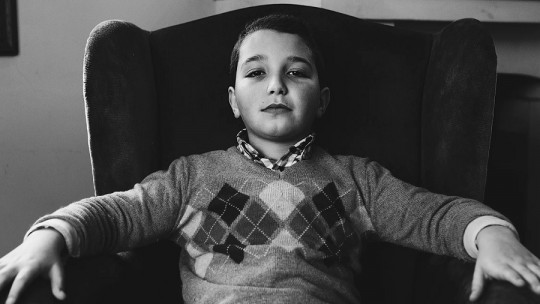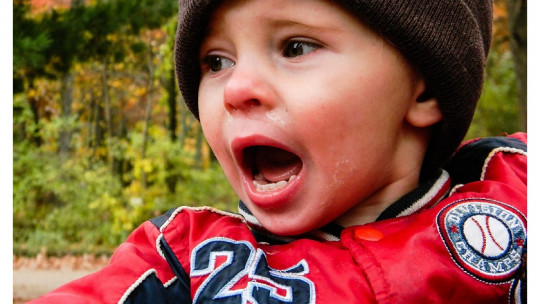
Parenting can cause distress when children do not pay attention to parental instructions, or even take defiant attitudes when given an indication. This is something that happens often and many parents don’t know what to do about it.
In this article We will see how to educate defiant and rebellious children so that parenting does not become a distressing process for adults and children. In addition, we are also going to see the importance of correcting this type of behavior in time.
Why is it important to correct these behaviors?
Some parents ignore their children’s challenging behavior, and mistakenly think that as they grow, they will outgrow these behaviors without the need for them to intervene. Nothing further from reality.
The truth is that If we do not know how to educate defiant and rebellious boys and girls, we are exposed to these behaviors intensifying as they grow, and then it will be increasingly difficult to correct these negative behavioral patterns.
The ideal is that we focus on correcting unwanted behaviors as soon as possible; Significant changes in behavior are more likely to occur when children are in the early stages of social and cognitive development. If we ignore the oppositional behaviors of children, we could later have to face the situation of having an adolescent with markedly dissocial behavior.
There is a triad of psychological traits that begins in childhood with challenging behaviors; Then in adolescence these behaviors intensify and become known as dissocial, until they reach their full development in adulthood.
How to educate challenging children?
In the next lines we are going to see a list of tips on how to properly educate children with behaviors of constant opposition to the norm and rebellion.
1. Discipline with affection
In general, Many people think that affection only spoils children, and the truth is that it is quite the opposite. Disciplining can be done using affection as a basis; the secret is to maintain an appropriate balance between affection and authority.
2. Avoid physical punishment
When we hit children because they have misbehaved, all we do is reinforce negative behaviors in them. We give them reasons to challenge us, and we make them become disobedient to get out of that dynamic of violence
Keep in mind that when you hit a child you are not making them respect you, but fear you, and educating based on fear is never healthy for anyone. Instead of physical punishment, you can choose to take away some object that is significant to the child, or, failing that, some privilege for a time.
Also It is important that you explain to the child why you are punishing him, thus he will be able to internalize that the negative behavior he carried out led him to punishment and in this way the extinction of said behavior begins in him. There is no point in arbitrarily punishing without an explanation.
3. Avoid laughing at negative behaviors
A fairly common mistake that caregivers make is taking children’s maladaptive behaviors as funny, even laughing at the negative behaviors that the infant presents. Although this may seem harmless at first, It is actually negative reinforcement which will harm us.
If we take children’s rebellion, their tantrums or their ways of flouting the rules as something funny, we will be normalizing this behavior in them, and then it will be more difficult to make the unwanted behaviors disappear.
The ideal is to show them that what they have done affects us and take a serious attitude when doing so.
4. Don’t let disrespect slip by
Some parents or caregivers allow children to treat them in a hostile manner, and do not correct them when they raise their voice or respond in a bad way. This type of permissive parenting is also not healthy for either party
If we do not teach children the value of respect from a young age, they will grow up with the mistaken idea that they have the right to express their ideas in a hostile way and that this is normal. Is about make children see that there are adaptive ways to express their emotions with kindness and respect.
5. Avoid comparisons
Children like to feel special, and that the adults who are significant to them see it that way. When we make the mistake of making habitual comparisons between two or more children, we are generating a feeling of frustration in them. The most recommended is focus on the virtues of each of them without comparing.
6. Show unconditional love
The unconditional love that we give to children represents a protective factor against any negative behavior that they may have; The right way to do this is through positive discipline. Hugging, showing affection verbally, and spending quality time with them
7. Help with routine
The routines help children maintain control over themselves, and at the same time they help them learn to be disciplined regarding the things they must do. It is recommended that together with the boy or girl we make a schedule of daily activities and we take care of helping him or her accomplish them.
8. Reward good behavior
Just as we should punish bad behavior, it is important to make sure we let the child know that we are happy with the way he behaves Prizes do not necessarily have to be objects; Telling him that we are happy with him and showing him affection at the right time will be enough.








